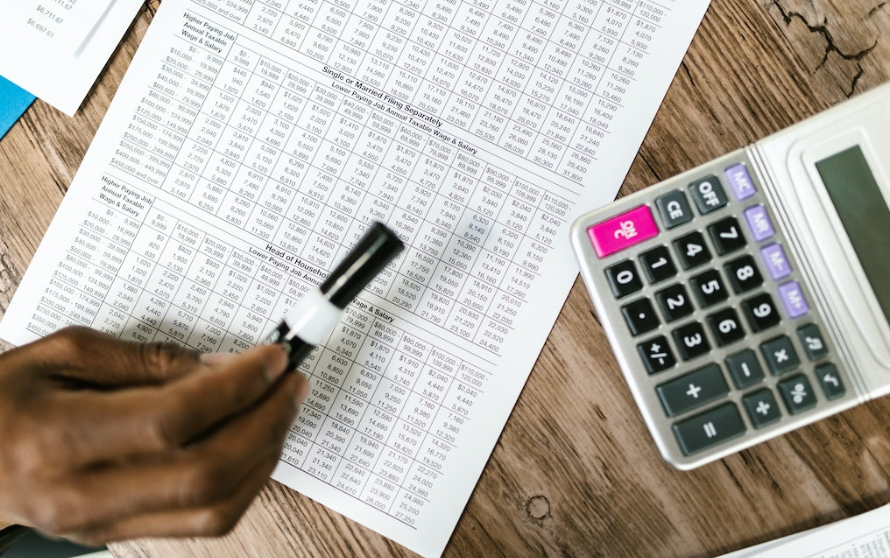Try a Contingent Collection Agency Before Writing Off Debt
Today’s 3-in-3 features NCS Attorney, Michelle Gerred. Read on to learn more about why you should use a contingent collection service before writing off bad debt.
What is a contingent collection and how does it work?
Michelle: NCS will work the commercial collection file on a contingent basis, meaning you pay a rate contingent on the amount of money NCS is able to collect.
The collection placement can be secured or unsecured and worked in-house or through an attorney.
Once NCS receives the commercial collection placement along with supporting documents, we complete additional research on the debtor to see if we can find alternative addresses, phone numbers, and contacts to reach out to.
From there, we send out the initial demand letter, along with proof of the debt (such as invoices or a statement of account) to the debtor.
Depending on the service you select, we then begin contacting the debtor via phone and email to see if we can collect the money owed or help resolve any existing dispute.
What are our different services & what are the differences between them?
Michelle: For in-house collections, we offer 2 different services: 10-day free demand and immediate collection placement.
The only difference is that, on the 10-day free demand, we send out the initial demand letter, but if you receive payment and notify NCS of the payment within the 10-day free demand period, the contingency fee will be waived, and the collection will be done at no charge.
On the 11th day, if payment in full was not made and reported to NCS, we will begin calling the debtor.
When immediate collection placement is selected we begin contacting the debtor within 24 hours of receiving the collection placement.
When trying to recover the debt, we can also work with the debtor to set up a payment plan or help resolve any dispute that may exist.
Why would I try contingent collections over just writing it off?
Michelle: The cost to write off bad debt is not just that bad debt; it costs a great deal more to recover that lost revenue.
For example, if you write off $50,000 at a 30% margin, you would have to generate $166,667 in additional sales to recover that lost profit.
Instead of writing it off, try contingent collections to help you recover that money.
3-in-3 Takeaways
- Writing off bad debt is extremely costly.
- Utilizing an agency to recover money is a sound business practice.
- Contingent collections are a great alternative to simply writing off bad debt.
Wondering what to do with your past due accounts? Contact us & our in-house collection experts will review your situation and provide you with possible solutions!
